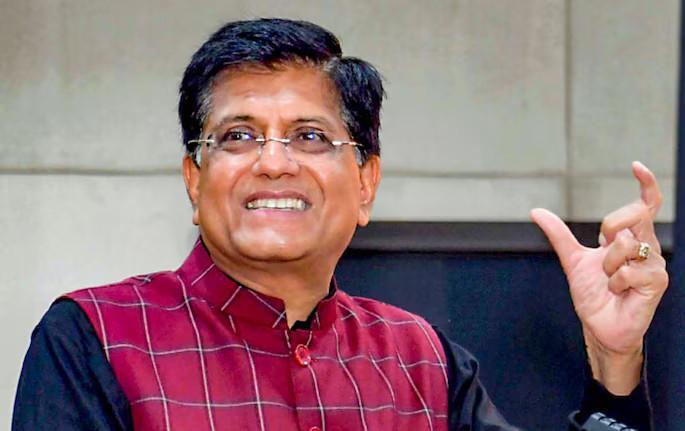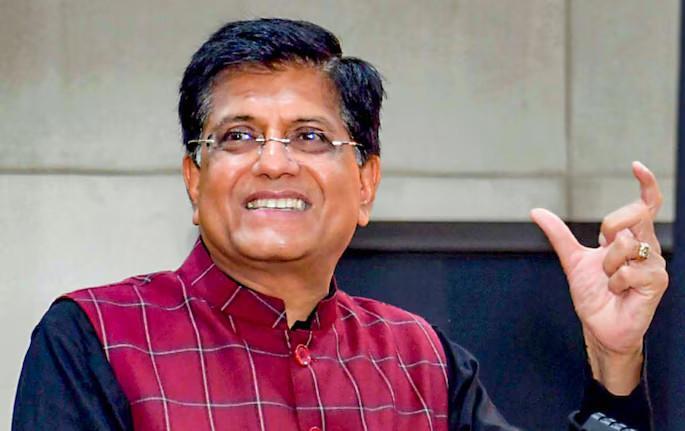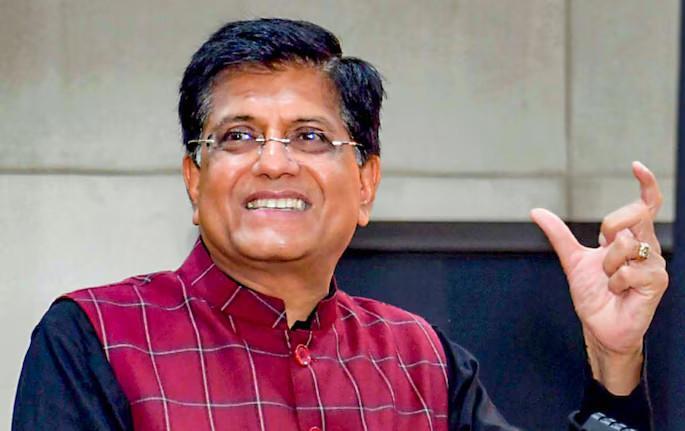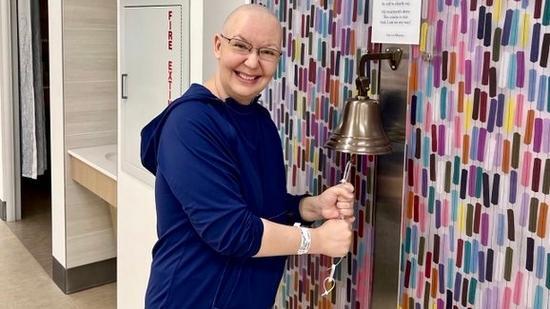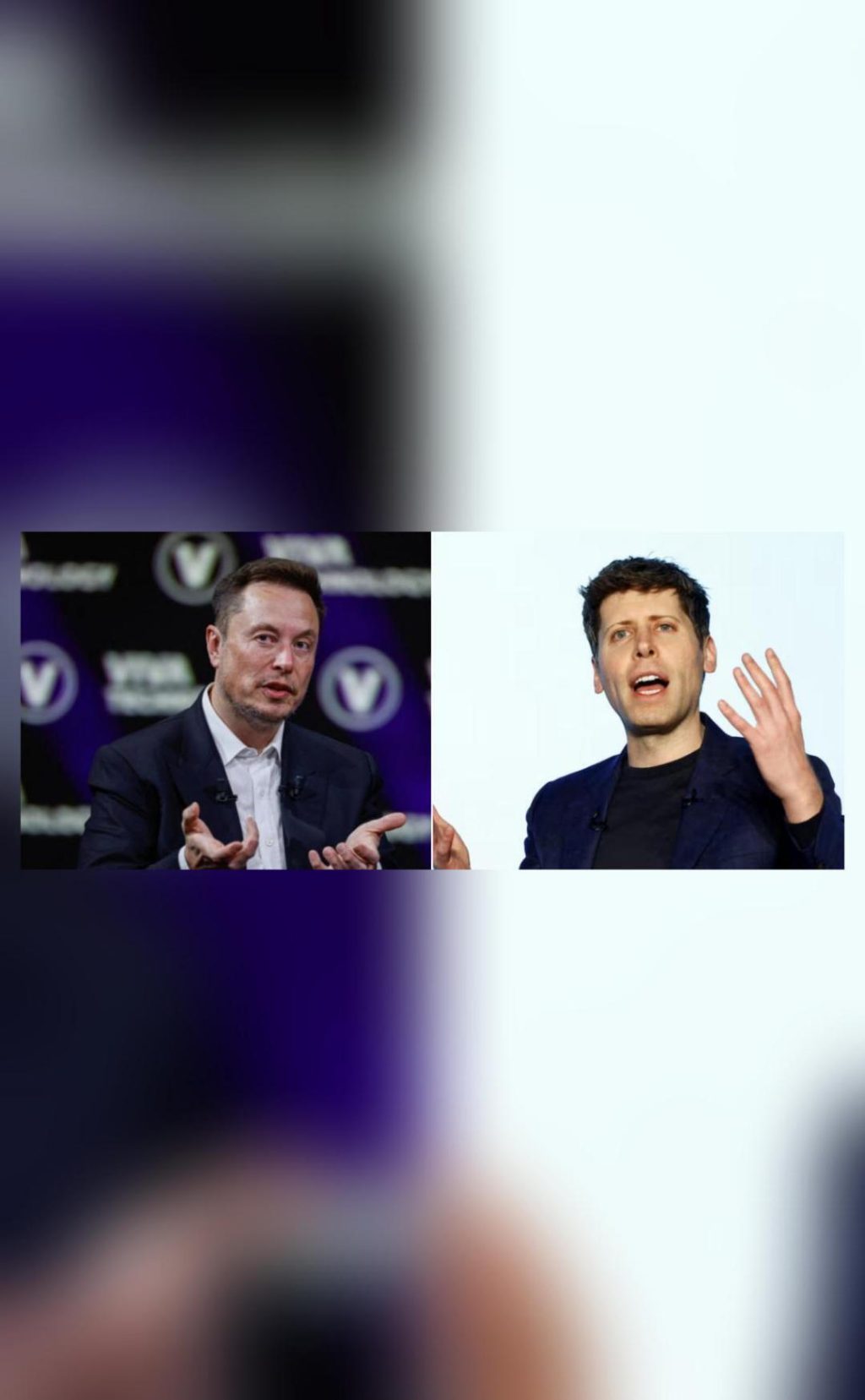
OpenAI & Elon Musk Agree to Fast-Track Trial Over For-Profit Model
In a surprising turn of events, OpenAI and Elon Musk have agreed to fast-track a trial regarding OpenAI’s transition to a for-profit model. This decision comes after a court earlier denied Musk’s request to pause OpenAI’s transformation into a commercial entity. The dispute between the two parties has been ongoing for several months, with Musk accusing OpenAI of deviating from its original mission of creating artificial intelligence (AI) for humanity’s benefit.
For those who may not be familiar, OpenAI is a non-profit artificial intelligence research organization founded in 2015 with the goal of creating AI that is safe and beneficial to humanity. Elon Musk, who is one of the organization’s co-founders, has been a vocal advocate for the development of AI that is aligned with humanity’s values.
However, in recent months, OpenAI has announced its intention to transition to a for-profit model, which has raised concerns among some of its stakeholders, including Musk. He has accused the organization of straying from its original mission and prioritizing profits over its commitment to humanity.
Last year, Musk sued OpenAI and its CEO, Sam Altman, alleging that the organization was no longer adhering to its original goals and was instead prioritizing commercial interests. The lawsuit sought to halt OpenAI’s transition to a for-profit model and to restore the organization’s original non-profit status.
However, in a surprising move, OpenAI has now agreed to fast-track a trial regarding its transition to a for-profit model. According to a court filing, the two parties have agreed to expedite the trial, which is expected to take place later this year.
The dispute between OpenAI and Musk has sparked a wider debate about the ethics of AI development and the role of non-profit organizations in driving innovation. Some have argued that OpenAI’s transition to a for-profit model is a necessary step to ensure the organization’s long-term sustainability and ability to continue driving AI research and development.
Others, however, have expressed concerns that OpenAI’s shift to a commercial entity will compromise its commitment to humanity and potentially lead to the development of AI that is not in the best interests of society.
The dispute has also raised questions about the role of Elon Musk in the development of AI. As one of the founders of OpenAI, Musk has been a key figure in the organization’s early days and has played a significant role in shaping its mission and goals.
However, his recent criticism of OpenAI’s decision to transition to a for-profit model has sparked controversy, with some accusing him of trying to exert undue influence over the organization and others arguing that he is simply trying to protect the public interest.
In a statement, OpenAI CEO Sam Altman acknowledged the agreement to fast-track the trial and reiterated the organization’s commitment to its mission of creating AI that is safe and beneficial to humanity.
“We are committed to creating AI that is safe and beneficial to humanity, and we are confident that our transition to a for-profit model will allow us to continue to drive innovation and progress in this field,” Altman said.
Musk’s representative did not comment on the agreement to fast-track the trial, but in a recent tweet, Musk expressed his disappointment with OpenAI’s decision to transition to a for-profit model.
“OpenAI’s decision to go for-profit is a betrayal of their original mission and a threat to the future of humanity,” Musk tweeted.
As the dispute between OpenAI and Musk continues to unfold, it remains to be seen what the outcome of the trial will be. One thing is clear, however: the future of AI development hangs in the balance, and the stakes are higher than ever.
